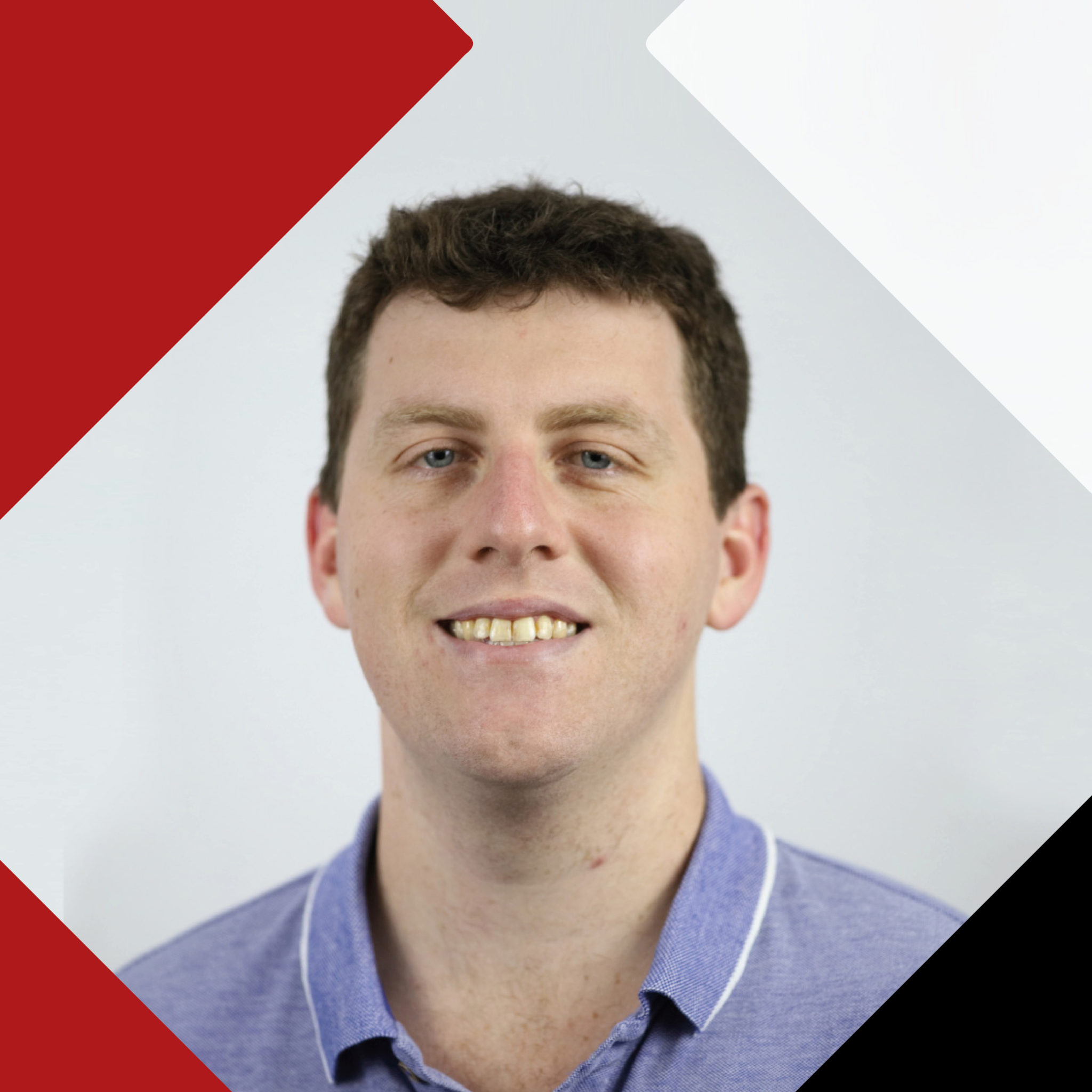Dean

Dean
Junior Quant Trader
Describe your job
My role as a Quant Trader is to research, monitor and improve new and existing trading strategies. This involves conducting mathematical and statistical analysis of financial markets, looking into the microstructures of different financial products and performing benchmark analysis of live trading strategies.
What’s your background?
I grew up close-by in Wollongong. From a pretty young age I knew I wanted to work in the financial trading sector and so chose my high school subjects with a view to studying mathematics and computer science. In school I was able to start learning to code and this definitely gave me a head start on most of my cohort through university. I also had a keen interest in stock market trading so took full advantage of free trading simulations to experiment with different strategies and gain exposure to trading equities.
My degree was in Mathematics and Finance, majoring in Quantitative and Computational Trading. The program of study was designed by the University of Wollongong in partnership with Tibra, to give graduates the knowledge needed to work in a high-frequency trading environment.
I applied for the graduate role at Tibra in my last year of University, largely because of what I knew of its reputation as a leading proprietary trading firm. After passing the recruitment process of aptitude testing, group interview and panel interview, I was offered the role of Junior Quant Trader and started in early 2018.
Could someone with a different background do what you do?
I believe anyone who has enough drive can learn to do pretty much anything. That said, working in the financial markets on live trading systems does require you to be someone who thrives in a high stress environment. You don’t necessarily need a background in mathematics or programming, but you do have to think logically and be able to understand and learn the concepts and theories behind financial markets trading.
What’s the coolest thing about working for Tibra?
Definitely the thrill of placing your wits against the market every day and trying to find new and innovative ways to improve systems and strategies. I really appreciate the fact that Tibra actively supports and encourages personal research of new ideas, it doesn’t just play lip service to the idea.
It’s an obvious one, but the office is only 100 metres from the beach and a short walk from the escarpment – there are definitely worse places to work!
What are the limitations?
Working in the financial markets can be really demanding. The hours can be long and, depending on the markets you’re responsible for, might mean early starts and late nights. Quant research can also be challenging because there’s usually very little source material to reference, so it’s up to the quant to innovate and find new ideas. This style of research can be hard for people to adjust to compared to studying at university.
Three pieces of advice for yourself when you were a student
- Spend more time programming in lower level languages; it builds the foundation of understanding that can be transferred to almost any other higher level language.
- Practice is the best way to learn, so find a way to practice the types of work you will need to perform once you leave university.
- Advice is free, so ask anyone and everyone that you can for advice on your future – it all helps.
